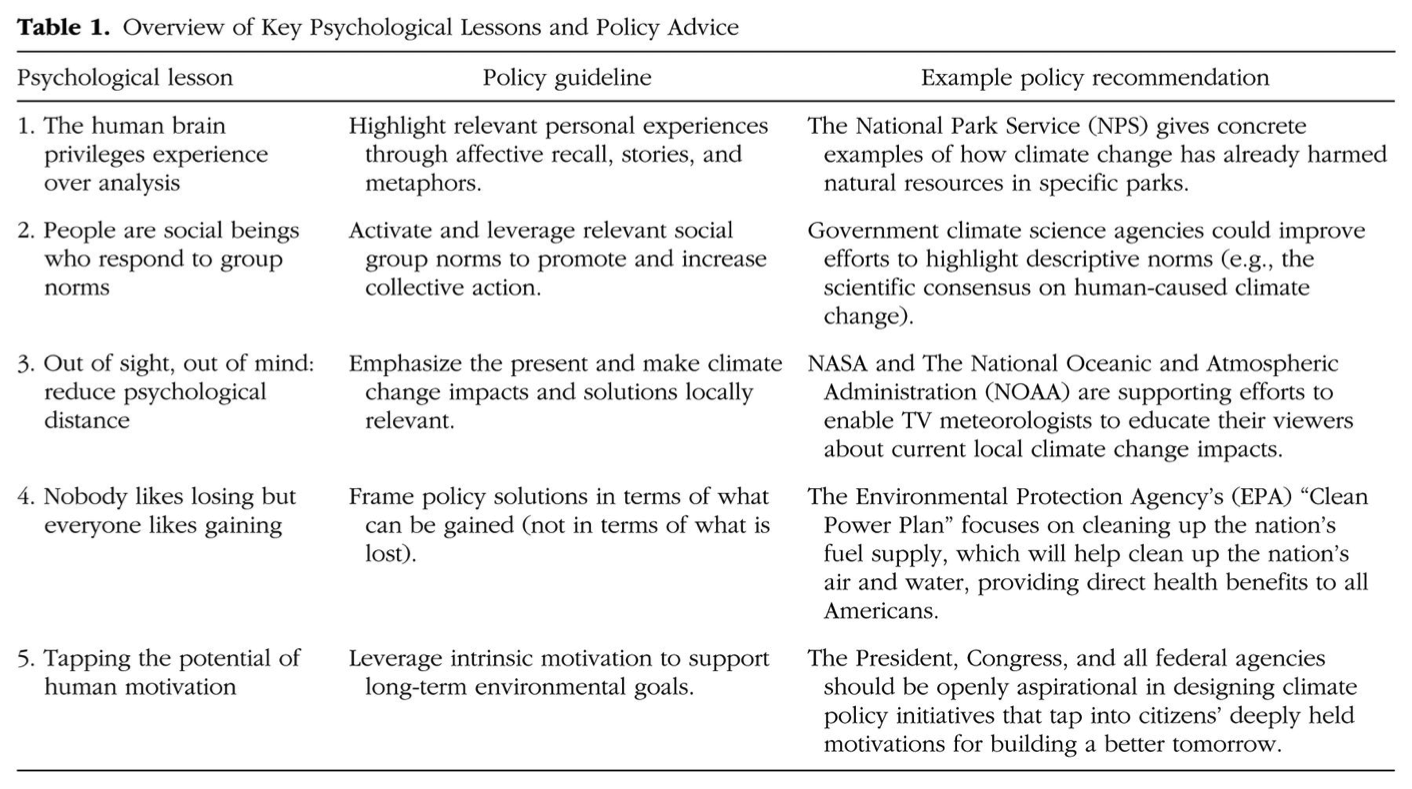12+ Secrets To Excellent Customer Service Skills

Delivering exceptional customer service is the backbone of any successful business, fostering loyalty, driving growth, and setting companies apart from their competitors. At its core, excellent customer service is about ensuring that every interaction with a customer is positive, helpful, and leaves a lasting impression. It’s a skill that requires a deep understanding of human behavior, empathy, and the ability to navigate complex situations with grace and professionalism. Here, we’ll delve into the secrets behind achieving outstanding customer service skills, transforming not just the customer experience but also the overall culture of an organization.
1. Empathy and Understanding
Empathy is the foundation of excellent customer service. It’s about being able to put yourself in the customer’s shoes and understand their perspective, their frustrations, and their needs. Employees who can empathize with customers can provide personalized solutions, turning negative experiences into positive ones. Training programs that focus on developing empathy can significantly enhance customer service skills. For instance, role-playing exercises where employees act out different customer scenarios can help them understand and respond to various customer emotions more effectively.
2. Active Listening
Active listening is a critical component of customer service. It involves not just hearing what the customer is saying but also understanding the underlying concerns and needs. Active listeners maintain eye contact, ask questions to clarify the issue, and paraphrase what the customer has said to ensure understanding. This approach helps in resolving issues efficiently and builds trust with the customer. For example, in a retail setting, an employee who actively listens to a customer’s complaint about a product can quickly identify the problem and offer a suitable solution, such as a refund or exchange, thereby de-escalating the situation.
3. Personalization
In today’s digital age, personalization is key to making customers feel valued. Using customer data to offer personalized services, recommendations, or solutions can significantly enhance the customer experience. Personalization shows that the company has taken the time to understand the customer’s preferences and history, making the interaction more meaningful and relevant. For instance, a company that sends personalized birthday messages or special offers based on a customer’s purchase history can create a sense of belonging and increase customer loyalty.
4. Clear Communication
Clear and concise communication is vital for effective customer service. It’s about being able to explain complex information in a simple way, setting realistic expectations, and keeping the customer informed throughout the process. Clear communication helps in managing customer expectations and prevents misunderstandings that could lead to dissatisfaction. Employees should be trained to communicate in a manner that is easy for customers to understand, avoiding technical jargon or complicated terms that might confuse them.
5. Problem-Solving Skills
Excellent customer service representatives are adept at solving problems. They are resourceful, able to think on their feet, and committed to finding a solution that satisfies the customer. This often involves a combination of knowledge, creativity, and the authority to make decisions that benefit the customer. Companies should empower their employees to make decisions without needing constant supervision, allowing them to respond quickly to customer needs and resolve issues efficiently.
6. Positive Attitude and Patience
A positive attitude and patience are essential for providing excellent customer service. Customers often contact service representatives when they are frustrated or upset, so the ability to remain calm, composed, and positive, even in challenging situations, is critical. A positive attitude can de-escalate tensions and turn a negative experience into a positive one. Employees with a positive attitude are more likely to go the extra mile to ensure customer satisfaction, leading to increased customer loyalty and retention.
7. Knowledge and Product Expertise
Having in-depth knowledge of products or services is fundamental for excellent customer service. Representatives who can provide detailed information, answer questions confidently, and offer expert advice build trust with customers. Continuous training and updates on products and services are essential to maintain this level of expertise. For example, a company that provides regular product training sessions for its employees can ensure that they are always up-to-date with the latest features and benefits, enabling them to provide accurate and helpful information to customers.
8. Follow-Up and Follow-Through
Following up with customers after an issue has been resolved to ensure they are satisfied is a powerful way to show that their business is valued. It also provides an opportunity to gather feedback, which can be invaluable for improving services. Follow-through on commitments, whether it’s resolving an issue by a certain time or keeping a promise, is crucial for building trust and loyalty. Companies should establish a follow-up process to check on customer satisfaction, address any remaining concerns, and demonstrate their commitment to customer satisfaction.
9. Accessibility and Responsiveness
Being accessible and responsive is key to excellent customer service. This means providing multiple channels for customers to reach out (phone, email, chat, social media), ensuring that these channels are monitored regularly, and responding promptly to inquiries. Accessibility and responsiveness show that the company values its customers’ time and is committed to their convenience. For instance, a company that offers 24⁄7 customer support through various channels can ensure that customers can get help whenever they need it, reducing frustration and increasing satisfaction.
10. Empowerment
Empowering customer service representatives to make decisions and take actions without needing extensive approval processes is critical. Empowered employees can resolve issues quickly, offer personalized solutions, and provide a level of service that exceeds customer expectations. Empowerment also boosts employee morale and engagement, as they feel trusted and valued by their organization. Companies should give their employees the autonomy to make decisions that benefit the customer, within reasonable limits, and provide the necessary support and resources to ensure they can deliver excellent service.
11. Continuous Improvement
Excellent customer service is not static; it involves continuous learning, improvement, and adaptation. Gathering feedback from customers and employees, analyzing service metrics, and implementing changes based on this information are essential for maintaining high standards. Continuous improvement demonstrates a commitment to excellence and customer satisfaction. Companies should establish a feedback loop to collect insights from customers and employees, identify areas for improvement, and implement changes to enhance the customer experience.
12. Recognition and Rewards
Finally, recognizing and rewarding employees for their excellent customer service is vital. Acknowledgment and rewards motivate employees to continue providing high-quality service, reinforcing positive behaviors. Public recognition, bonuses, or career advancement opportunities can be effective ways to reward excellent service, boosting morale and encouraging a customer-centric culture within the organization. Companies should develop a recognition and reward program that acknowledges and rewards employees for their contributions to customer satisfaction, fostering a positive and productive work environment.
FAQ Section

What is the most important aspect of customer service?
+Empathy and understanding are often considered the most important aspects of customer service. Being able to understand and relate to the customer's perspective helps in providing personalized and effective solutions.
How can companies ensure they are providing excellent customer service across all touchpoints?
+Ensuring excellent customer service across all touchpoints involves training employees to provide consistent service, implementing feedback mechanisms, and continuously monitoring and improving service standards across all channels.
What role does technology play in enhancing customer service?
+Technology plays a significant role in enhancing customer service by providing multiple channels for interaction (such as chatbots, social media, and email), enabling quick responses, and offering tools for personalization and data analysis to improve service quality.
How can small businesses compete with larger companies in terms of customer service?
+Small businesses can compete by focusing on personalized service, being agile and responsive to customer needs, and leveraging technology and social media to reach and engage with customers effectively.
What metrics should companies use to measure customer service effectiveness?
+Companies should use metrics such as customer satisfaction (CSAT) scores, net promoter score (NPS), first response time, resolution rate, and customer retention rate to measure the effectiveness of their customer service.
In conclusion, excellent customer service skills are multifaceted, requiring a combination of empathy, knowledge, problem-solving abilities, and a positive attitude. By understanding and implementing these secrets, businesses can significantly enhance the customer experience, leading to increased satisfaction, loyalty, and ultimately, business success. Whether through personalized interactions, efficient problem-solving, or continuous improvement, the key to excellent customer service is a genuine commitment to putting the customer at the forefront of every business decision.

